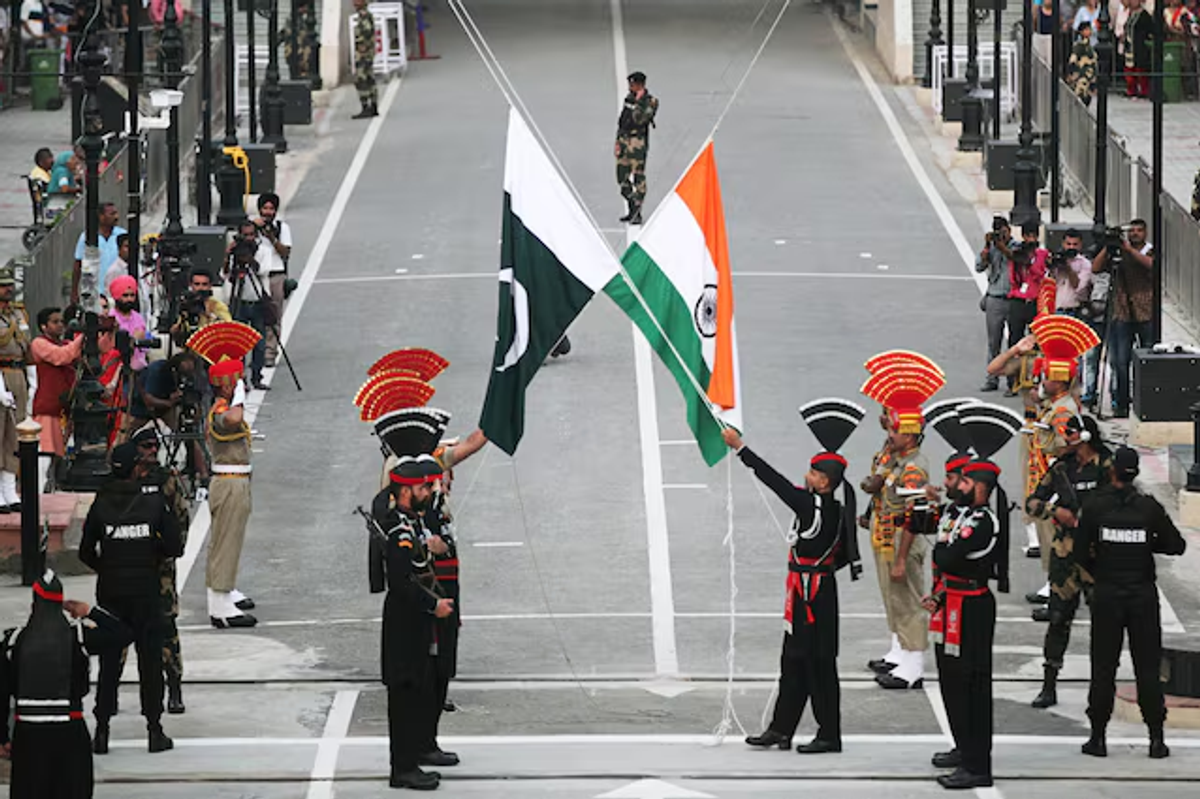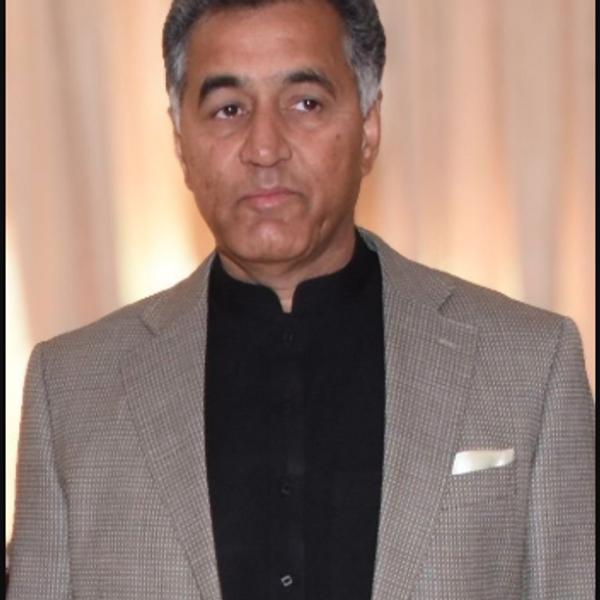Pakistan to brief UN Security Council on India’s ‘treaty breaches, regional threats’
Islamabad will brief UNSC on India’s ‘unlawful’ actions, including suspension of the Indus Waters Treaty

Asma Kundi
Producer, Islamabad
Asma Kundi is a multimedia broadcast journalist with an experience of almost 15 years. Served national and international media industry as reporter, producer and news editor.

Reuters/File
Pakistan announced Monday it will formally brief the United Nations Security Council (UNSC) on what it calls India’s violations of international treaties and aggressive posture in South Asia, warning that recent developments threaten regional and global peace.
The decision comes in the wake of escalating tensions between the nuclear-armed neighbors after a deadly attack on April 22 in Indian-administered Kashmir’s Pahalgam area, where 26 tourists were killed. India has blamed Pakistan for supporting the assailants, a charge Islamabad has firmly denied.
In a statement, Pakistan’s Ministry of Foreign Affairs said it will update UNSC on India’s “unilateral and unlawful actions,” including the suspension of the Indus Waters Treaty (IWT), and called for the international community to intervene before the situation deteriorates further.
“The UN Security Council has a legal and moral responsibility to uphold peace and security,” the statement read. “India’s inflammatory rhetoric and unilateral treaty breaches are reckless provocations that require urgent attention.”
Signed in 1960 and brokered by the World Bank, the Indus Waters Treaty governs the distribution of water from six rivers between India and Pakistan.
Islamabad argues that India’s attempt to suspend the treaty amounts to a breach of international law and a threat to millions who depend on the water-sharing arrangement.
‘India risks damaging credibility’
Former Attorney General of Pakistan Ashter Ausaf told Nukta that India risks serious consequences if it proceeds with the move.
“If India unilaterally walks away from the Indus Waters Treaty, it will damage its credibility on the global stage,” Ausaf said. “Violating a decades-old agreement will invite scrutiny and potential sanctions.”
He added that the most appropriate legal course for Pakistan is to approach the Permanent Court of Arbitration, which has jurisdiction over treaty disputes.
“We can and should petition the Court of Arbitration,” Ausaf said. “There is no precedent in international law for such a unilateral move. I believe the panel will overturn India’s attempt.”
Ausaf warned that India could isolate itself diplomatically if it proceeds.
“India still has time to reconsider,” he said. “Otherwise, it risks long-term economic and political fallout. No responsible state, investor, or institution trusts a country that breaks international agreements.”
Escalating tensions
Tensions have soared since the Kashmir attack, with both countries taking retaliatory measures. Pakistan and India have expelled each other’s diplomats, shut their land border, and closed airspace to one another. Skirmishes have been reported along the Line of Control — the de facto border in Kashmir.
The Kashmir region has long been a flashpoint. India and Pakistan have fought two of their three wars over the territory since gaining independence in 1947. While both claim Kashmir in full, each administers only part of it.
India accuses Pakistan of supporting armed militants in Kashmir, a claim Pakistan denies. Conversely, Pakistan accuses India of suppressing the rights of Kashmir’s Muslim-majority population.
The growing confrontation has drawn international concern. The United States, China, Saudi Arabia, the United Kingdom, Iran, Turkey, and others have issued statements urging both sides to de-escalate and resume dialogue.







Comments
See what people are discussing